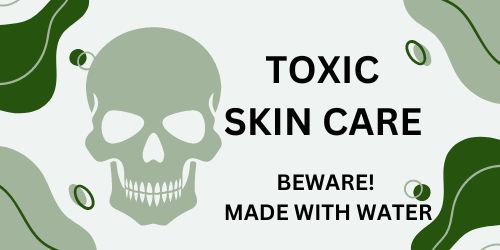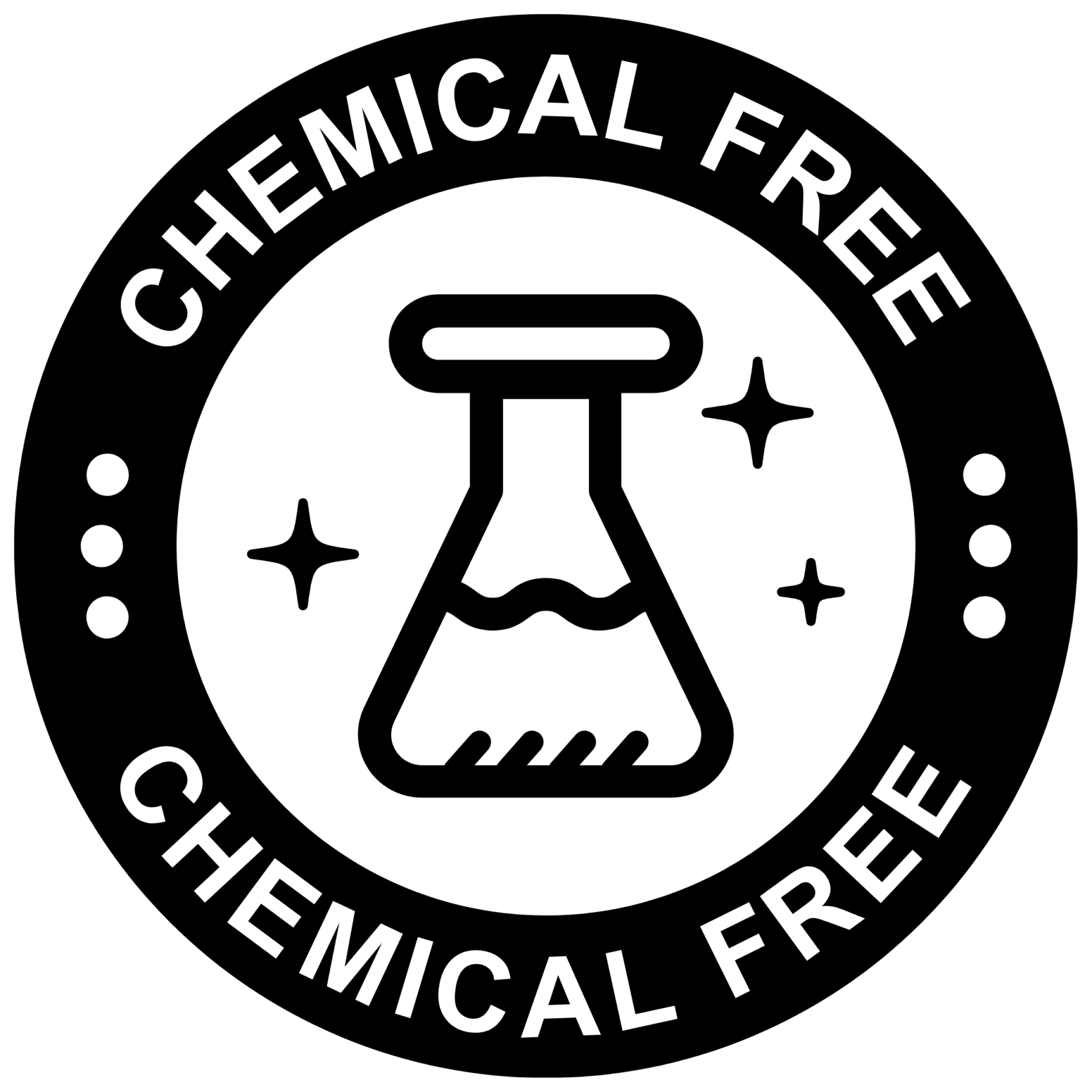Introduction to Hair Health
The Importance of Hair in Self-Perception
Hair is often considered one of the most defining characteristics of our physical appearance, influencing how we see ourselves and how others perceive us. A full, vibrant head of hair is commonly associated with youth, beauty, and health. It’s no surprise that hair loss or changes in hair quality can have profound effects on self-esteem and confidence. The psychological impact of hair concerns can range from mild dissatisfaction to more severe anxiety and depression, highlighting the importance of maintaining healthy hair not just for aesthetic reasons, but for overall well-being.
Common Hair Concerns and Myths
When it comes to hair health, misinformation abounds. Myths such as frequent trims making hair grow faster or the idea that stress can turn hair gray overnight persist despite lacking scientific backing. Common concerns include hair thinning, dryness, breakage, and scalp issues like dandruff. While some worries are based on observable conditions, others stem from misconceptions. It’s crucial to differentiate between fact and fiction to adopt appropriate hair care practices and avoid unnecessary anxiety.
Overview of Hair Growth and Loss
Hair growth is a dynamic process involving a cycle of growth (anagen), transition (catagen), and rest (telogen). At any given time, each hair follicle on our scalp is at a different stage of this cycle. Hair loss, or alopecia, can occur due to various factors such as genetics, hormonal changes, nutritional deficiencies, and lifestyle habits. Understanding the underlying causes of hair loss is essential for effective treatment and prevention. It’s also important to note that shedding 50-100 hairs per day is a normal part of the hair growth cycle and not necessarily indicative of a problem.
Understanding Hair Growth
Hair Follicle Structure and Function
The hair follicle is a dynamic organ found in mammalian skin, and it is responsible for producing hair. Each follicle has a bulb at its base which houses dermal papillae, blood vessels that nourish the cells. The follicle is surrounded by an inner and outer sheath and is anchored into the skin with a muscle known as the arrector pili. This muscle is responsible for causing hairs to stand on end when you are cold or frightened.
The primary function of hair follicles is to produce hair fibers through a complex cycle of growth and rest. Hair is primarily made of a protein called keratin, and its production requires a steady supply of nutrients and oxygen, which are delivered via the bloodstream. The health and efficiency of hair follicles are influenced by various factors, including hormones, genetics, and environmental exposures.
The Hair Growth Cycle Phases
Hair growth is not a continuous process but rather occurs in cycles. These cycles consist of three distinct phases:
- Anagen (Growth Phase): This is the active phase where hair cells divide rapidly, and the hair shaft is produced. This phase can last for several years, and the length of this phase determines the maximum length of hair.
- Catagen (Transition Phase): Lasting about two weeks, this phase is when the hair follicle shrinks and detaches from the dermal papilla. Hair growth stops, but the hair does not fall out yet.
- Telogen (Resting Phase): During this phase, which can last for a few months, the hair remains in the follicle but does not grow. At the end of the telogen phase, the hair is shed, and a new hair begins to grow, starting the cycle anew.
At any given time, each hair on your head can be at a different stage of this growth cycle, which is why regular hair shedding is a normal phenomenon.
Factors Influencing Hair Growth
Several factors can influence hair growth, including:
- Genetics: Your genes play a crucial role in determining hair texture, color, and growth patterns.
- Diet and Nutrition: A diet lacking in essential nutrients like proteins, vitamins, and minerals can lead to poor hair health and growth.
- Hormonal Imbalances: Hormones such as androgens, estrogen, and thyroid hormones can significantly affect hair growth and loss.
- Stress: Physical and emotional stress can trigger conditions like telogen effluvium, leading to increased hair shedding.
- Environmental Factors: Exposure to UV radiation, pollution, and harsh chemicals can damage hair follicles and impede growth.
- Lifestyle Choices: Smoking, excessive alcohol consumption, and poor sleep can negatively impact hair health.
Understanding these factors is essential for maintaining healthy hair growth and addressing any concerns related to hair loss or thinning.

Do you have the most commonly used but toxic, disease bringing chemicals in your skin care? Many chemicals in skincare are hormone disruptors and make menopause symptoms worse.
Find out more…
Nutritional Influences on Hair Growth
The Role of Proteins and Amino Acids
Proteins and amino acids are the building blocks of hair. Hair is primarily made up of a protein called keratin, which gives hair its structure and strength. Amino acids, particularly cysteine, play a crucial role in the formation of keratin. A diet lacking in protein can lead to weak, brittle hair and may slow hair growth or cause hair loss. Foods rich in high-quality protein such as lean meats, fish, poultry, eggs, dairy products, legumes, and nuts should be included in the diet to support hair health.
Essential Vitamins and Minerals for Hair
- Vitamin A: Necessary for cell growth, including hair cells. It also helps the scalp produce sebum, which keeps hair healthy.
- B-Vitamins: Biotin (B7) is well-known for its role in hair growth. Other B-vitamins help create red blood cells, which carry oxygen and nutrients to the scalp and hair follicles.
- Vitamin C: An antioxidant that helps protect against oxidative stress caused by free radicals. It also plays a vital role in collagen production.
- Vitamin D: May help create new follicles. Low levels of vitamin D are linked to alopecia.
- Vitamin E: Its antioxidant properties can help prevent oxidative stress on the scalp.
- Iron: Iron deficiency is a major cause of hair loss, particularly in women.
- Zinc: Plays a role in hair tissue growth and repair. It also helps keep the oil glands around the follicles working properly.
Impact of Deficiencies on Hair Health
Deficiencies in key nutrients can lead to hair loss and a decrease in hair quality. For example, iron deficiency can disrupt the hair growth cycle, leading to shedding and slowed growth. Similarly, a lack of zinc can lead to hair thinning. Ensuring a balanced diet that includes all essential vitamins and minerals is crucial for maintaining healthy hair growth.
Comparing Food Sources and Supplements
While supplements can be beneficial, especially for those with diagnosed deficiencies, obtaining nutrients from food sources is generally preferred due to better absorption and a lower risk of toxicity. For instance, the body can regulate the intake of vitamins and minerals from food more effectively than from supplements. However, in cases where diet alone is insufficient or when an individual has specific deficiencies, supplements may be necessary under the guidance of a healthcare professional.
By the way, something for you, a little gift!!!
I am just in the middle of publishing my book. It’s about How women can balance their hormones. One part is about food and diet, of course.
Follow this link and enter your email.
I will send you this part of the book for free once the book is published. It has many concrete, practical tips and recipes and will help you feel better during menopause or times of Big hormonal fluctuations.
Annette, Damiva Lead for Health & Wellness

Lifestyle Factors Affecting Hair Health
Stress and Hormonal Imbalances
Stress is a significant factor that can lead to hormonal imbalances and subsequently affect hair growth. When the body is under stress, it releases hormones such as cortisol, which can disrupt the natural hair growth cycle. Prolonged stress can push hair follicles into the telogen phase, a resting phase where hair shedding occurs. Additionally, stress can exacerbate conditions like alopecia areata and trigger scalp problems such as dandruff. Hormonal imbalances, such as those experienced during pregnancy, menopause, or as a result of conditions like polycystic ovarian syndrome (PCOS), can also lead to hair thinning and loss.
Effects of Smoking and Alcohol Consumption
Smoking has been linked to premature hair graying and may contribute to hair loss by damaging the hair follicles and disrupting the blood flow to the scalp. The toxins in cigarettes can also weaken the hair’s structure, making it more prone to breakage. Excessive alcohol consumption can lead to dehydration, which may make hair more brittle. Alcohol can also deplete the body of essential nutrients important for hair health, such as zinc and vitamin B.
Sleep Patterns and Physical Activity
Quality sleep is crucial for overall health and hair growth. During sleep, the body repairs and regenerates tissues, including hair follicles. Lack of sleep can lead to increased stress and hormonal imbalances, negatively impacting hair health. On the other hand, regular physical activity can improve blood circulation, including to the scalp, promoting healthy hair growth. Exercise can also help to reduce stress and balance hormones.
Environmental Impacts: UV Exposure and Pollution
Exposure to UV radiation can damage the hair, leading to dryness and brittleness. It can also fade hair color and weaken the hair shaft. Pollution, including particulate matter and smoke, can settle on the scalp and hair, causing irritation, damage, and potential hair loss. Antioxidants in the diet can help to combat these environmental stressors, but protecting the hair from direct exposure is also important.
Dietary Patterns and Hair Growth
Detrimental Diets and Hair Loss
Diets that are low in protein, essential fatty acids, and micronutrients like iron, zinc, and vitamins can lead to weakened hair structure and hair loss. Restrictive or crash dieting can shock the body and result in a condition known as telogen effluvium, where hair prematurely enters the resting phase and falls out. Similarly, diets high in processed foods and sugars may contribute to inflammation and oxidative stress, which can negatively impact hair follicles and impede hair growth.
Optimal Diets for Hair Growth
An optimal diet for hair growth is rich in protein, essential fatty acids, and a variety of vitamins and minerals. Foods such as lean meats, fish, eggs, nuts, seeds, and leafy greens provide the necessary nutrients to support the hair growth cycle. A balanced diet ensures that the body has the resources to produce healthy hair and maintain the scalp’s health.
Specific Foods That Promote Hair Health
- Eggs: Rich in protein and biotin, eggs support keratin production.
- Berries: Packed with antioxidants and vitamin C, berries protect hair follicles from damage.
- Spinach: A great source of iron, folate, and vitamins A and C, spinach nourishes hair follicles.
- Fatty Fish: Salmon and mackerel, for example, provide omega-3 fatty acids that promote hair growth.
- Sweet Potatoes: High in beta-carotene, which converts to vitamin A, sweet potatoes help in sebum production.
- Nuts and Seeds: Offer zinc and selenium, important for hair health.
Dietary Adjustments for Hair Growth During Life Changes
During periods of hormonal change, such as pregnancy or menopause, women may need to adjust their diet to support hair health. Increasing intake of iron-rich foods and ensuring adequate protein consumption can help mitigate hair loss. Additionally, during times of stress or illness, focusing on a nutrient-dense diet can provide the extra support needed for maintaining hair growth.
Conclusion
While genetics play a significant role in hair health, diet and lifestyle choices have a substantial impact on the strength, growth rate, and overall health of hair. By choosing a diet rich in essential nutrients and avoiding detrimental dietary patterns, individuals can promote healthier, stronger hair and potentially reduce the risk of hair loss.
Hair Care and Maintenance
Proper Hydration and Hair Strength
Hydration plays a crucial role in maintaining the strength and elasticity of hair. Just as our bodies require water to function optimally, our hair needs moisture to maintain its health. Dehydrated hair becomes brittle, leading to breakage and split ends. To ensure proper hydration, it is essential to drink plenty of water and use hydrating hair care products. Look for products containing natural moisturizers like aloe vera, glycerin, or hyaluronic acid. Additionally, limiting the use of heat styling tools and protecting hair from harsh weather conditions can help retain moisture and prevent dryness.
Choosing the Right Hair Care Products
Selecting the appropriate hair care products is vital for maintaining healthy hair growth. It’s important to understand your hair type and scalp condition to choose products that cater to your specific needs. For instance, those with oily scalps may benefit from clarifying shampoos, while individuals with dry hair should look for nourishing conditioners and masks. Ingredients such as proteins, amino acids, and natural oils can help strengthen hair and promote growth. Avoid products with harsh sulfates, parabens, and silicones that can strip hair of its natural oils and lead to damage.
Hair Handling Techniques to Prevent Damage
How you handle your hair can significantly affect its health and growth. To minimize damage, avoid brushing wet hair, which is more prone to breakage. Instead, use a wide-tooth comb to gently detangle. When styling, opt for looser hairstyles that don’t pull on the roots, reducing the risk of traction alopecia. Additionally, be mindful of the accessories you use; choose hair ties without metal parts and avoid tight clips that can cause hair breakage.
Protecting Hair from Environmental Damage
Environmental factors such as UV rays and pollution can have detrimental effects on hair health. Prolonged exposure to the sun can weaken hair strands, while pollutants can build up on the scalp, potentially hindering hair growth. To protect your hair, wear hats or use hair products with UV filters when spending time outdoors. Regularly washing your hair can remove pollutants and product buildup, allowing your scalp and hair to breathe. Incorporating antioxidants in your hair care routine can also help combat environmental stressors.
In conclusion, maintaining hair health requires a holistic approach that includes proper hydration, selecting suitable hair care products, employing gentle hair handling techniques, and protecting hair from environmental damage. By following these guidelines, you can help ensure that your hair remains strong, resilient, and capable of healthy growth.

Doubting chemicals in skincare and femcare? Well done! Choose chemical-free products whenever possible.
Conclusion and Further Considerations
Summarizing Key Points for Healthy Hair Growth
Throughout this article, we have explored the intricate relationship between diet, lifestyle, and hair growth. It’s clear that the health of our hair is not isolated from the rest of our body’s wellbeing. A balanced diet rich in proteins, vitamins, and minerals is essential for the nourishment of hair follicles. Lifestyle factors such as stress management, avoiding harmful habits like smoking, and protecting hair from environmental damage also play a crucial role in maintaining hair health.
When to Seek Professional Advice
While adopting a healthy diet and lifestyle can promote hair growth, it’s important to recognize when professional advice is needed. If you’re experiencing significant hair loss, changes in hair texture, or other scalp issues, it’s time to consult a healthcare provider. Dermatologists and trichologists can offer specialized treatments and identify underlying health conditions that may be contributing to hair concerns.
Final Thoughts on Holistic Hair Health
In conclusion, our hair is a reflection of our overall health. By embracing a holistic approach that includes a nutrient-rich diet, a balanced lifestyle, and proper hair care, we can support the natural growth cycle of our hair. Remember, changes in hair health can be gradual, so consistency and patience are key. And when in doubt, seek professional guidance to ensure you’re on the right track to achieving the luscious locks you desire.








